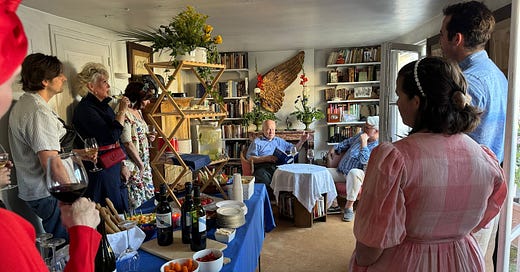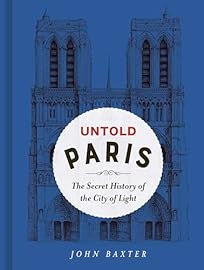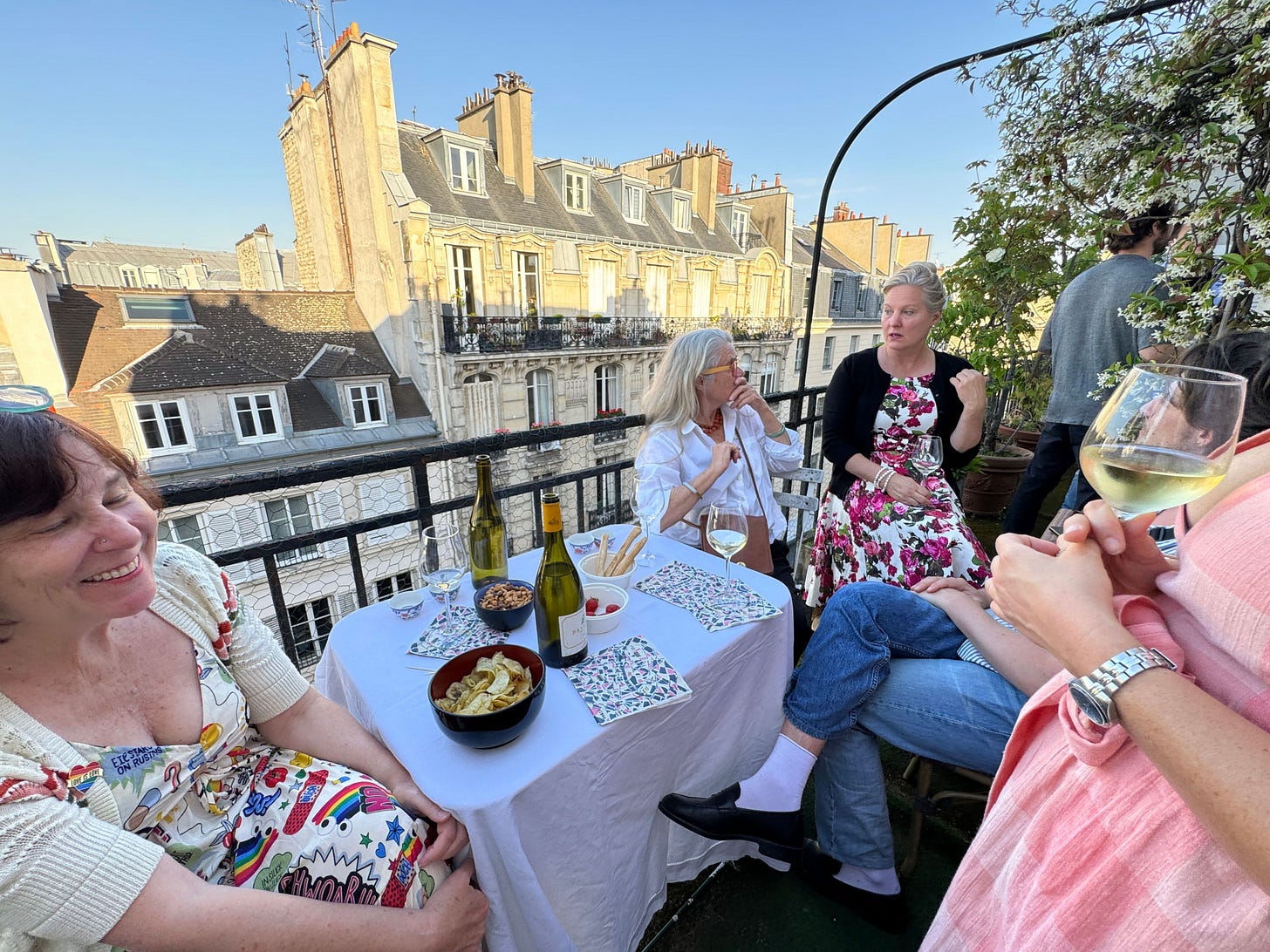Writing is a solitary business, but publishing more solitary still. Editors no longer welcome writers dropping in for a chat, as Scott Fitzgerald and Tom Wolfe did in the days of Max Perkins, nor are they ready to take the afternoon off for a long and boozy lunch. Too often, it’s a case, as a good friend, the science fiction author James Blish, once lamented, of “mailing a manuscript into a vacuum, from which a cheque emerges.”
As for some formal acknowledgment of publication, you will be lucky to receive a form letter from the editor advising your book is now on sale, with the information that half a dozen free copies are on their way to you, with more available - at a 50% discount.
I’m fortuate to have lived and written during the twilight of traditional publishing and enjoyed some of those rituals that once accompanied the production of a book: a lunch with your editor and even your agent; a signing in some city centre book shop; interviews for the literary pages of a paper or magazine; even TV or radio chats, or an invitation to speak at a book fair or festival.
And, of course, the launch, a party where one welcomes the literary community and one’s friends, and – ideally at least – basks in the pleasure of being in print.
While I’ve watched the other rituals to drop away, the launch is one to which I’ve stubbornly clung. It used to be the publisher swho threw them, but those days are long past. No reason, however, that one shouldn’t organise one’s own, which is what we did a few weekends ago for my latest book, Untold Paris.
It took place in our apartment, on what turned out to be a perfect early summer evening. About fifty friends and members of Paris’s literary community gathered to toast its publication in wine which the publisher, in an unexpectedly generous gesture, had agreed to subsidise.
There was only one problem.
No books.
A quantity had been consigned via UPS in London, but never arrived. (Ten days later, they still haven’t.) Fortunately, Penelope Fletcher from the nearby Red Wheelbarrow Bookshop agreed to sell some of her stock at the event.
But in a sense the deficiency of copies didn’t matter. Because, as far as I was concerned, it wasn’t so much Untold Paris we were celebrating as the survival of a trade and a craft, and the persistence of printed language as the means by which we best and most durably communicate. Jim Blish ended his greatest novel, Earthman, Come Home, with the simple statement “Earth isn’t a place. It’s an idea.”
And the Word also, I like to think.
Photographs by Augusta Sagnelli.








Hey man, I found this very cheering. And it looks like a cool party.
Oh that sounds like my kind of party!